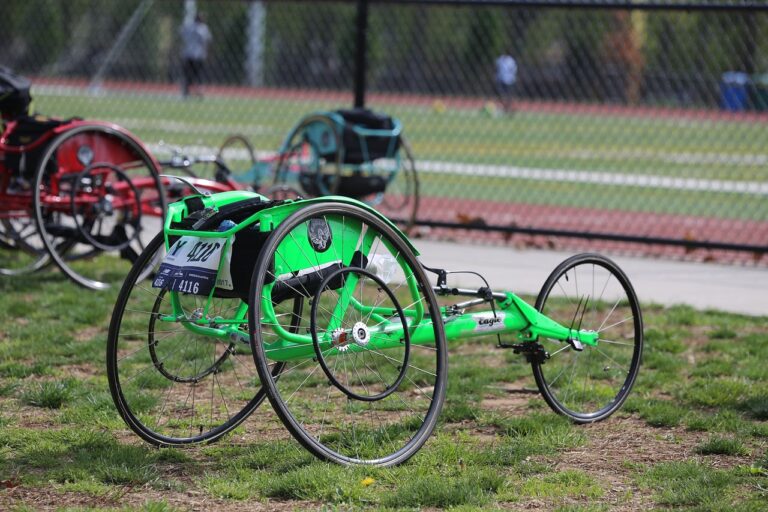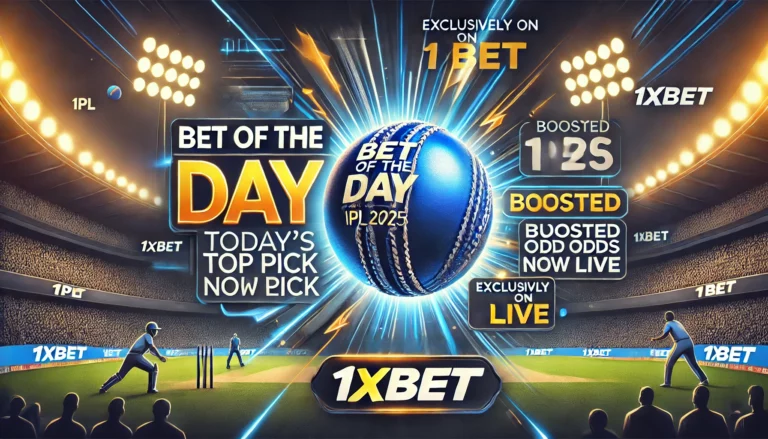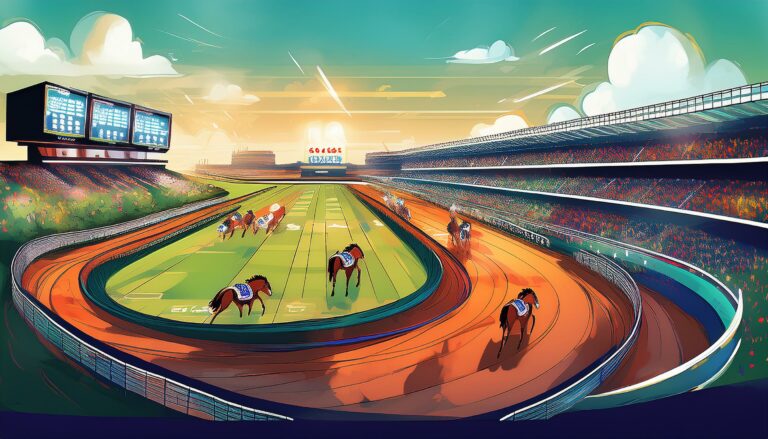The Role of IPL in Promoting Gender Equality: Empowering Women in Sport
Apbook, Apbook:Gender inequality in sports has been deeply rooted in history, with women facing numerous barriers and restrictions when it comes to participating in athletic activities. In ancient times, sports were often seen as a male-dominated sphere, with women being discouraged from partaking in physical activities due to societal norms and beliefs.
Throughout the centuries, women had to constantly fight for their right to compete in sports, facing resistance and discrimination at every turn. Even as sports became more organized and structured, women continued to be marginalized and excluded from certain events and tournaments based on their gender. This long history of gender inequality in sports has had a lasting impact on the opportunities available to women in the athletic world.
Challenges Faced by Women in the Sports Industry
Women in the sports industry face numerous obstacles that hinder their progress and success. One of the primary challenges is the persistent gender stereotypes that undermine their abilities and potential. Women are often portrayed as less capable, physically inferior, or emotionally unstable in comparison to their male counterparts, creating a biased perception that restricts their opportunities for advancement in the sports world. These stereotypes not only shape public opinion but also influence decisions related to hiring, promotion, and endorsement deals, thereby limiting the professional growth of women in sports.
Additionally, the lack of equal pay and resources for women in sports remains a significant barrier to their inclusion and recognition in the industry. Despite demonstrating equal skills, dedication, and commitment to their male counterparts, female athletes and professionals are consistently undervalued and underpaid. This disparity not only highlights the systemic gender discrimination prevalent in sports but also perpetuates financial insecurity and limited career sustainability for women in the field. The unequal distribution of resources, funding, and support further exacerbates the challenges faced by women striving to make their mark in the sports industry.
– Gender stereotypes undermine women’s abilities and potential in sports
– Biased perceptions restrict opportunities for advancement
– Influence decisions related to hiring, promotion, and endorsement deals
– Lack of equal pay and resources for women in sports is a significant barrier
– Female athletes are consistently undervalued and underpaid compared to male counterparts
– Systemic gender discrimination perpetuates financial insecurity and limited career sustainability
– Unequal distribution of resources, funding, and support exacerbates challenges for women in the sports industry
Impact of IPL on Breaking Gender Stereotypes in Sports
The Indian Premier League (IPL) has played a significant role in breaking gender stereotypes in the world of sports. By introducing the Women’s T20 Challenge as a parallel event to the men’s tournament, IPL has provided a platform for female cricketers to showcase their talents on a global stage. This move has not only increased the visibility and recognition of women in cricket but has also helped in challenging traditional gender norms in the sporting world.
Moreover, the inclusion of women in leadership positions within IPL teams and management has further emphasized the importance of gender equality in sports. This has paved the way for more opportunities for women to actively participate and contribute to the growth of cricket as a whole. As IPL continues to prioritize diversity and inclusivity, it sets a positive example for other sports organizations to follow suit in promoting gender equality in the industry.
What is the historical context of gender inequality in sports?
Historically, sports have been dominated by men, with limited opportunities for women to participate or excel in athletic endeavors.
What are some challenges faced by women in the sports industry?
Women in sports often face challenges such as unequal pay, lack of media coverage, and limited opportunities for advancement and leadership roles.
How has the IPL impacted breaking gender stereotypes in sports?
The IPL has provided a platform for female athletes to showcase their talent and skills, challenging traditional gender stereotypes and promoting gender equality in sports.







